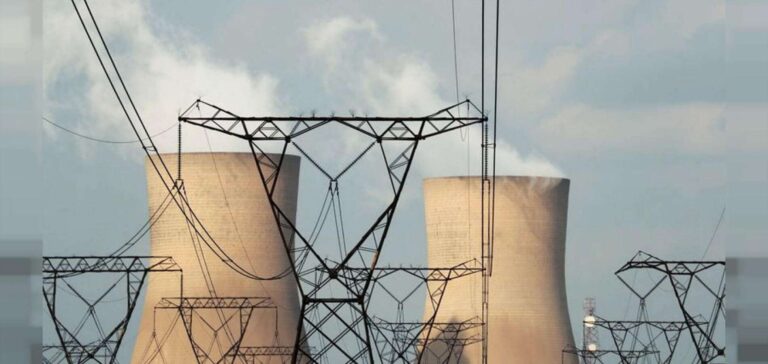Germany, the United States, France, the United Kingdom and the European Union have signed this “international partnership for a just energy transition” with Johannesburg.
$8.5 billion for South Africa’s energy transition
“It will mobilize an initial commitment of $8.5 billion for the first phase of financing, through various mechanisms including grants, concessional loans, investments and risk-sharing instruments, notably to involve the private sector,” the parties said in a statement.
These sums are to be provided “over the next three to five years”.
Electrical system transformation
The agreement, which includes a technical assistance component, will focus in particular on transforming the country’s electricity system, which is currently heavily dependent on coal, “to help the country achieve the ambitious emissions targets” that Johannesburg set before the COP in its new “national contribution,” the instrument by which countries commit to the Paris Agreement.
“Climate change is an existential threat to us all, and South Africa is committed to doing its part to reduce global emissions. This partnership is a turning point (…) proof that we can take ambitious action for the climate while increasing our energy security, creating jobs and taking advantage of investment opportunities, with the support of developed countries,” enthused South African President Cyril Ramaphosa.






















